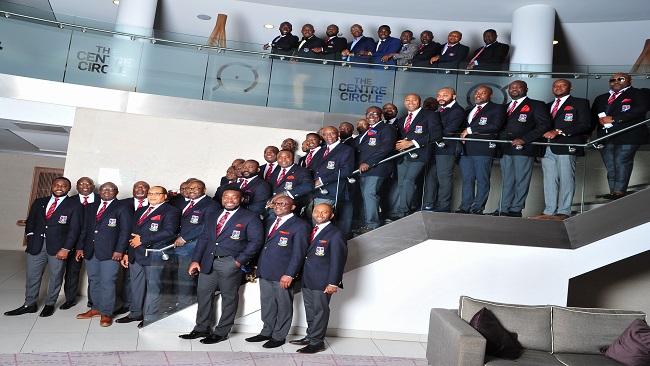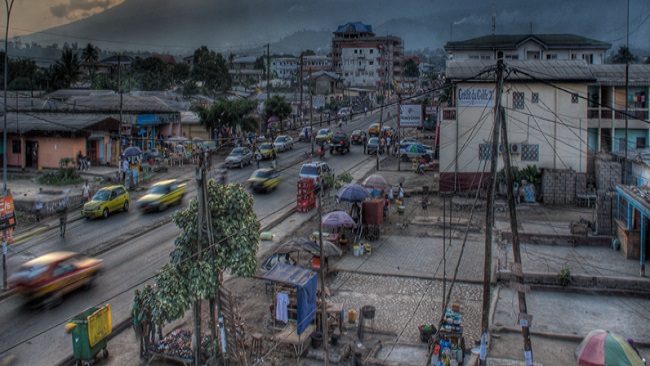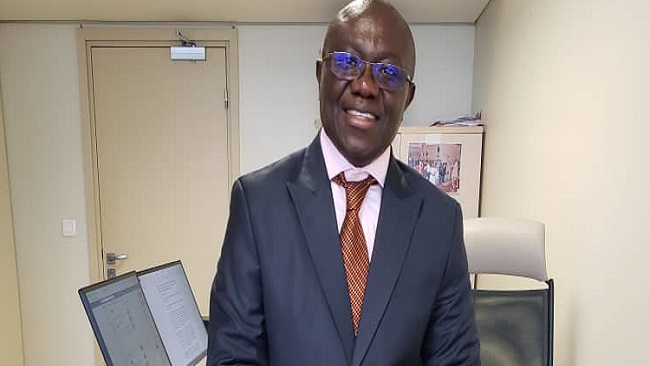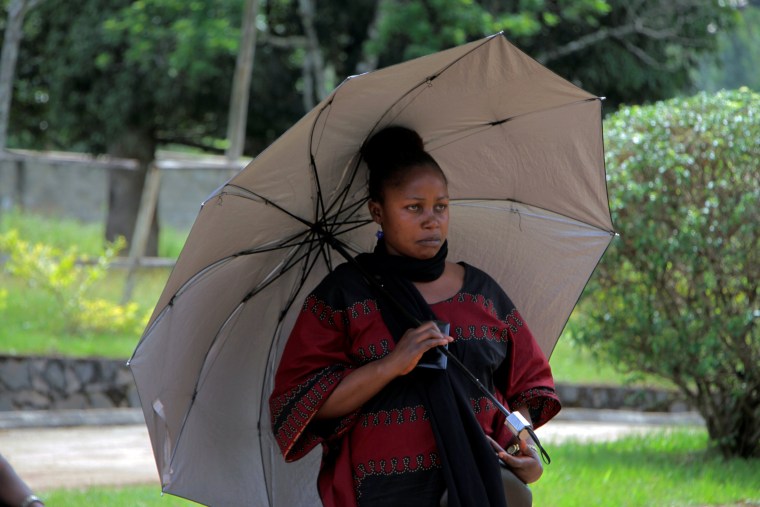31, December 2018
SOBA UK Appoints Danbro as its Accountants and deploys an innovative Cloud-based Accounting System 0
Fellow Sobans,
On 22nd September 2018, the General Assembly of SOBA UK met at St George’s Park, Burton Upon Trent under the theme “Together we Succeed” and committed to modernising its financial systems. SOBA UK is pleased to announce the successful appointment of the UK Accounting firm Danbro as SOBA UK’s Accountants.
Danbro Accounting will provide accounting services, supply and manage a cloud-based accounting system for SOBA UK. The financial data migration phase to the new cloud-based accounting system was recently completed. The Executive Treasurer and Financial Secretaries have been getting to grips with this fantastic new proprietary tool and are excited about the prospects of providing robust financial reporting to our members.
Why is this important to SOBA UK?
- Members commitment – Members voted to modernise our financial systems and reporting.
- Automatic reporting – Automatic reports (P&L, Balance sheet, Transactions by Categories etc) can be produced directly from the cloud-based system.
- Increased activity – SOBA UK’s financial activities have increased greatly over recent years and there is a need for a proprietary solution for easy and instant reporting.
- Securing data – SOBA UK’s financial data and analyses will be held securely on the system for future members. There is no more use of Excel Workbooks located on private computers.
- Improved productivity – This will free up time for the executive team to spend on core association activities and engaging with members.
- Greater accountability – There will be more accountability through independent reviews of SOBA UK accounts by Danbro.
What will the UK accounting firm Danbro do for SOBA UK?
- Supply and manage the cloud-based system.
- Provide annual accounts for our members.
- Deal with correspondence from HMRC and other agencies.
- Act as the corporate secretary for SOBA UK as would be required.
SOBA UK is excited about this great new development in the association, with the management team looking forward to working with Danbro to provide greater financial insights to both members and other agencies.
Best wishes for 2019.
Kind regards,
Mr John Bawak General Secretary, SOBA UK On behalf of SOBA UK Members
Counter Signed by Mr Ayuk Akoh-Arrey, FIA President, SOBA UK
Counter Signed by Mr Bime Lafon Vice President, SOBA UK

























8, January 2019
Zimbabwe teachers to strike over pay as currency crisis deepens 0
Zimbabwean teachers will strike from Tuesday to press for US dollar salaries as talks with the government failed to bring a breakthrough, a union says, adding pressure on President Emmerson Mnangagwa to contain a runaway currency crisis.
Cash shortages have plunged Zimbabwe’s financial system into disarray, threatening social unrest and undermining Mnangagwa’s efforts to win back foreign investors sidelined under his predecessor Robert Mugabe.
With not enough hard currency to back up funds showing in bank accounts, the value of electronic money has plummeted, prompting businesses and civil servants to demand payment in US dollars they can withdraw.
Just over four months into Mnangagwa’s contested presidency, the Zimbabwe Teachers’ Union (ZIMTA) said its members would strike as spiraling inflation has left them unable to buy basic goods and fuel that are in short supply. Government doctors have been on strike for more than a month over the same issue.
ZIMTA president Richard Gundani told Reuters a meeting between public sector unions and acting Labor Minister July Moyo only resolved to re-start talks, but teachers would not report for duty from Tuesday.
“We were very frank to each other and all the unions agreed that workers are incapacitated and we provided sufficient justification that they are unable to work,” Gundani said.
“ZIMTA’s declaration of incapacitation stands and teachers will not go to work.”
Moyo did not immediately answer calls to his mobile phone.
The government employs more than 100,000 teachers and ZIMTA has 44,000 members.
On Monday, police arrested and later released 9 members of the smaller Amalgamated Rural Teachers Union of Zimbabwe who were picketing at a park in central Harare, their lawyer said.
There was a heavy presence of police with water cannon elsewhere in the capital.
As doctors continue their strike, Zimbabwe’s public hospitals have been left short of drugs and reliant on patients to buy them. Pharmacies have stopped accepting insurance policies for purchases and demand payment in dollars.
Zimbabwe is also struggling with acute shortages of fuel, forcing motorists to queue for hours.
Civil servant salaries accounted for 90 percent of the budget last year but Mnangagwa’s government has made an ambitious pledge to cut this to 70 percent in 2019 as part of reforms aimed at boosting growth and investment.
Mnangagwa came to power in November 2017 after Mugabe was forced to resign following an army coup. He was declared president in August 2018 after a presidential vote that his main opponent says he won fraudulently.
(Source: Reuters)